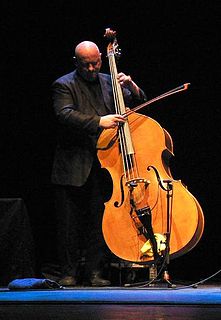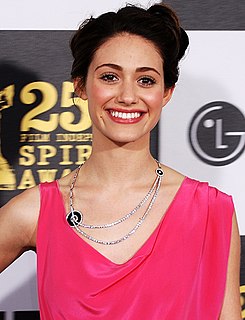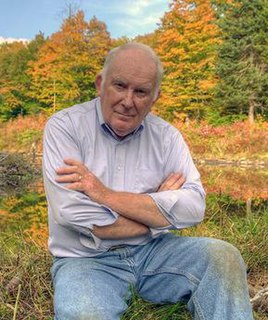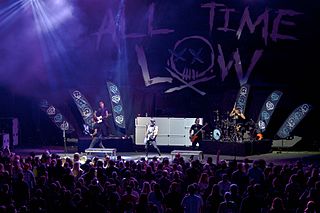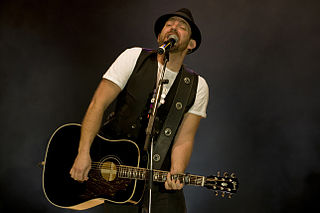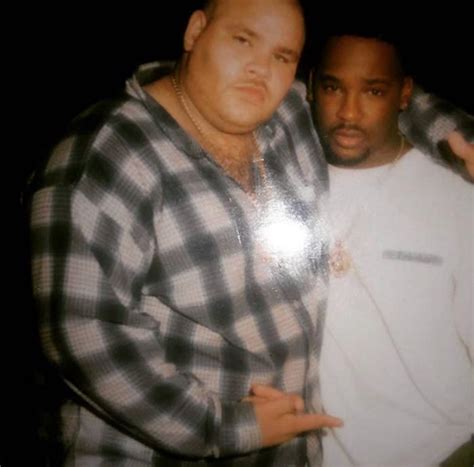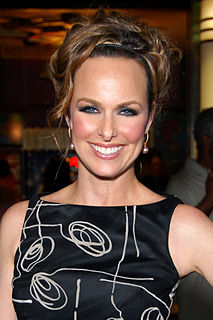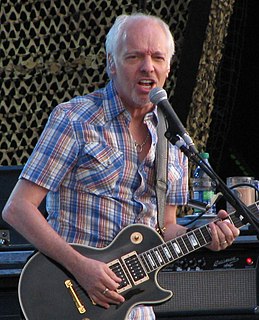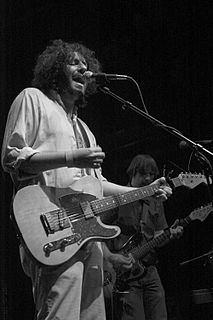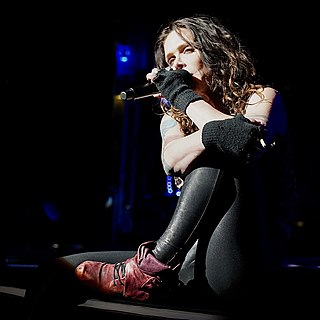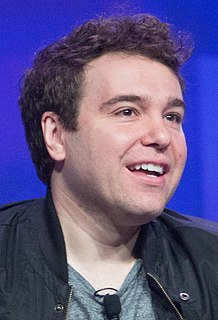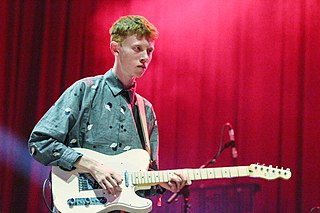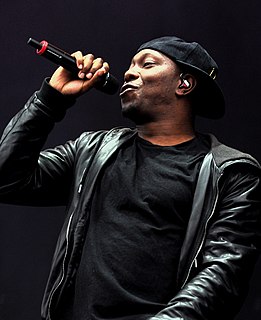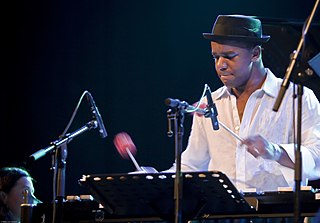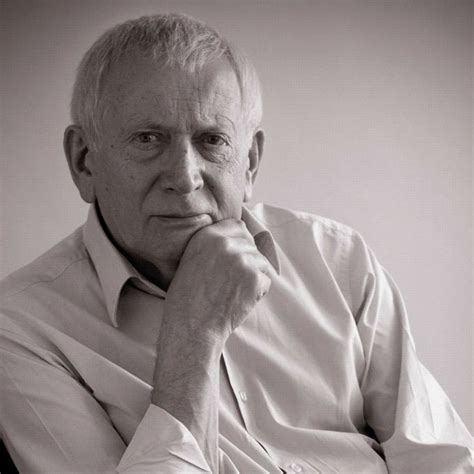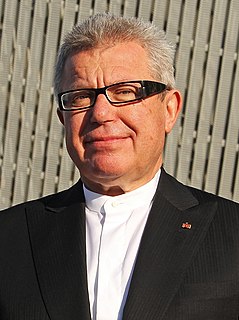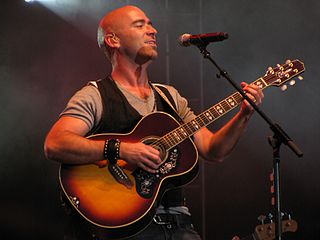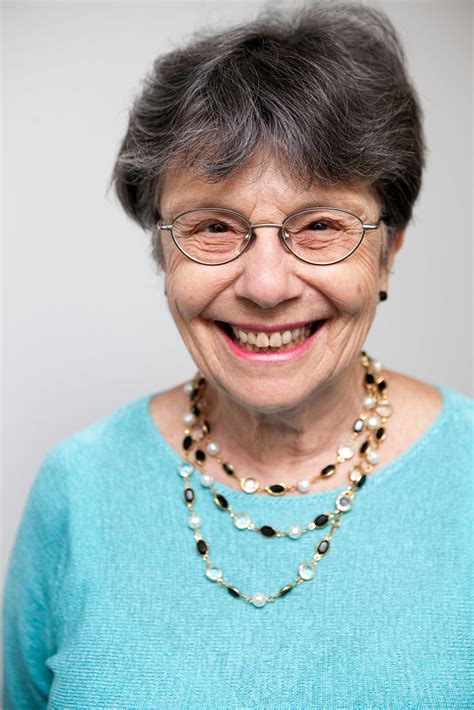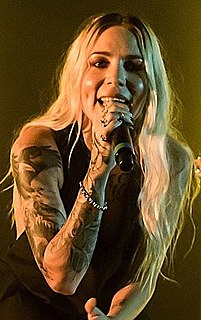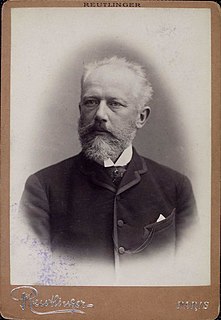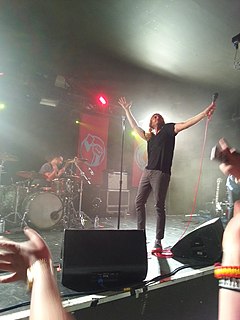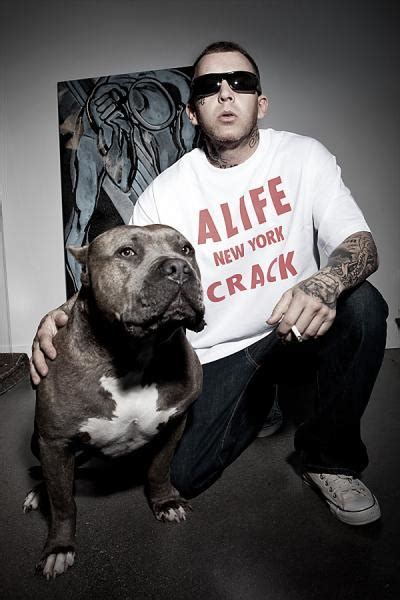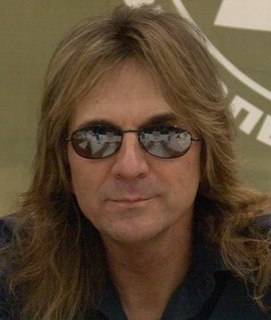Top 271 Lyrical Quotes & Sayings - Page 4
Explore popular Lyrical quotes.
Last updated on December 18, 2024.
The virtuoso element in jazz playing, all those very fast runs in the upper extremes, simply doesn't appeal to me. That's why I don't want to make my concerto "virtuosic" in the sense of a technical show-off. I want a beautiful sound and a melodic and lyrical line. I am more interested in the way someone can play musically.
Rick Bass is one of a dwindling handful of American fiction writers still celebrating the importance of place, the natural world, and the struggle of a few brave souls to live and work respectfully in what's left of our western wilderness...The Lives of Rocks is his most lyrical and powerful book to date...a masterwork.
It's the principle of it, I get a rush when I bust
Some dope lines oral, that maybe somebody'll quote.
That's what I consider real in this field of music,
Instead of puttin' brain cells to work, they abuse it.
Non-conceptual, non-exceptional,
Everybody's either crime-related or sexual.
For those who pose lyrical, but really ain't true, I feel:
Their time's limited, hard rocks too.
I have a tape recorder, and I just sing into it. I like to write that way. Sometimes I'll just get melodic ideas, and then I'll go home and sit down and add the lyrics. Or sometimes I'll get a lyric idea that I love. Usually it's pretty combined. Usually I get some kind of a lyrical concept and a melody and work with that.
As a viewer, that's work I respond to - work that I know is singular in some way. If I'm being challenged by something on screen, if I don't quite know why it's happening, I want to know I can do the work of pulling it apart and that there'll be something satisfactory about it. If the architecture is sound, you can be lyrical in execution.
Then about 12 years ago it dawned on me that folk music - the music of Woody Guthrie and Phil Ochs, early Bob Dylan, Johnny Cash, Pete Seeger - could be as heavy as anything that comes through a Marshall stack. The combination of three chords and the right lyrical couplet can be as heavy as anything in the Metallica catalogue.
Generally, if you could picture a bunch of rock and roll momentum behind a song and it was particularly melodious, maybe the Pornographers would do it. If it was kind of moody and more lyrical, then maybe it would be a Destroyer song. Anything that's really lyrically driven I would keep for Destroyer.
I was literally told for 'The Show Goes On' that I shouldn't rap too deep. I shouldn't be too lyrical. It just needs to be something easy on the eyes. Like a record company telling Picasso that we don't need these abstract interpretations of life, where people have to sit down and look at it and break it down.
Yeats regarded his work as the close of an epoch, and the least of his later lyrics brings the sense of a great occasion. English critics have tried to claim him for their tradition, but, heard closely, his later music has that tremulous lyrical undertone which can be found in the Anglo-Irish eloquence of the eighteenth century.
Also, because people like to multitask, in a way if you've got a bit of music on in the background and the lyrical content is making you want to listen to it, then that would probably put you off the texting you wanted to do. I think people like things that just make that right kind of noise, but leave your brain free to do something else.
In language that is searing and lyrical, evocative and precise, this exceptional book thinks with the zombies, specters, felons, slaves, dogs, cadavers, and other entities that are the remnants of loss and dispossession in the law. Dogs and people are abundantly present here, even as the legal fictions they are made to inhabit are exposed with acid lucidity. These are hard histories made readable by Dayan's precious acts of writing.
Regardless of how lyrical or rhetorically gifted they are in conveying big ideas, any candidate can do a good job of giving a speech if the goal of a speech is more than just delivering it well but achieving some end, whether it's convincing people of some issue or persuading them about you as a person.
It is true I do not like fire. But Leo Valdez's flames are not strong enough to trouble me." Somewhere behind Hazel, a soft, lyrical voice said, "What about my flames, old friend?" "You," he said from Percy's mouth. "Me," Hecate agreed. "It has been millennia since I fought at the side of a demigod. What do you say? Shall we play with fire?
Why don't you conceive of God as an ally who is coming, who has been approaching since time began, the one who will someday arrive, the fruit of a tree whose leaves we are? Why not project his birth into the future, and live your life as an excruciating and lyrical moment in the history of a prodigious pregnancy?
There's no linear narrative - the structure is more like a series of variations on a theme (how identity is shaped by language), with the past constantly bleeding into the present, dreams into reality. And the language, while incredibly lyrical in places, also has this underlying dissonance, the sense of it having itself been translated.
Once a poet always a poet, and even though I haven't written poems for a long time, I can nonetheless say that everything I've ever learned about writing lyrical fiction has been informed by three decades of writing in lines and stanzas. For me the real drama of fiction is almost always the drama of the language.
I don't believe, in the end, that there is any such thing as no style. Even a very neutral, plain style, one that doesn't use colloquialisms, lyrical flourishes, heavy supplies of metaphor, etc., is a style, and it becomes a writer's characteristic style just as much as a thicker, richer deployment of idiom and vocabulary.
Disgrace is a subtle, multi-layered story, as much concerned with politics as it is with the itch of male flesh. Coetzee's prose is chaste and lyrical without being self- conscious: it is a relief to encounter writing as quietly stylish as this. I was not totally convinced by Lurie's musical abilities, with regard to his proposed opera, but that is my sole complaint.
The truth is, the way you write music, it's a code. It has to be very precise. It's scientific, but ultimately it also depends on interpretation. It's very similar to how you grow a master plan: it's an objective document, but at the same time it is a lyrical document which allows through interpretation to become a harmonious work of art.
The Nineties was such an incredible period. There was this real sense of community and such a uniqueness to it. There were unique personalities, unique bands, unique lyrical takes. A lot of artistic expression. It was this real renaissance that was exciting to be a part of. It's hard to not look back on that period and say, "Yeah, it was crazy. But it was crazy good."
Why the connection with musicians? I think it's because in the end we're doing very similar things - we're telling stories, we're using poetic, lyrical language, and we're distilling stories down into their simplest form. We're both telling a story in two languages - word and music for them; and word and image for me.
Patti Callahan Henry’s THE STORIES WE TELL is a lyrical exploration of love and longing, secrets and suspicion, family and friendship, all told with the author’s trademark insights into the hollows and curves of the heart and mind of a working woman who must balance the demands of motherhood, wifedom, sisterhood, and yes, the deepest cravings for artistic expression. I always love the stories PCH tells!
Sometimes I see my students, especially the ones with a gift for the lyrical, reaching far outside the realm of their own experience for language and images. I understand this impulse. We think, in the beginning, that striking exotic words together will create something entirely new. That we must be worldly in our vocabulary. We idolize the styles of other writers and don't trust or perhaps yet know our own.
I remember writing lyrics for 'Take Me to Church' for a long time before I even had a song in mind for. It's not that I was trying to write that song for a year, but sometimes you just kind of collect lyrical and musical ideas and don't actually complete the song until you feel like they work together and have a home.
How can one express the indefinable sensations that one experiences while writing an instrumental composition that has no definite subject? It is a purely lyrical process. It is a musical confession of the soul, which unburdens itself through sounds just as a lyric poet expresses himself through poetry...As the poet Heine said, 'Where words leave off, music begins.'
If you ever get to a wall, you just got to break that wall down and keep going, and I feel like I have come up with some conceptual songs that will really connect with people and that is something that I have been showing and improving my lyrical ability so much that I came to this realization that I also want to make music that people can connect with.
What I like to do is treat words as a craftsman does his wood or stone or what-have-you, to hew, carve, mold, coil, polish, and plane them into patterns, sequences, sculptures, fugues of sound expressing some lyrical impulse, some spiritual doubt or conviction, some dimly realized truth I must try to reach and realize.
Popular music had never had lyrical sophistication of this type [like Bob Dylan]; wit, to be sure, but "Darkness at the break of noon/Shadows even the silver spoon/The handmade blade, the child's balloon/Eclipses both the sun and moon/To understand you know too soon/ There is no sense in trying"? No.
This is a lyrical guide that addresses the deep human yearning to make a difference. It's full of indelible stories reminding us that, yes, helping people is hard-but it's both possible and infinitely rewarding. A Path Appears offers practical steps that any of us can take to empower others, and ourselves.
